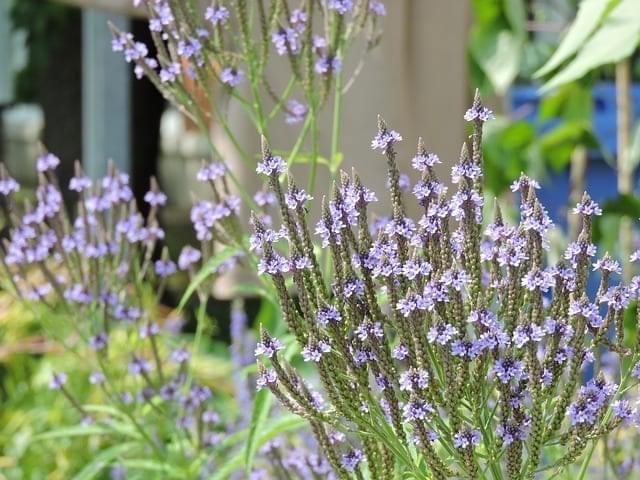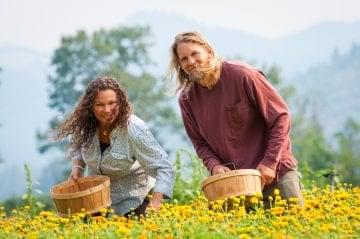In the post-industrial world we live in, a reliable nervine like blue vervain is just what the herbalist ordered.
Read this article and all of our other Herbal Nerd Society Content.
Become a Member Today. Join Us Here. | Already a Member just log in here.







